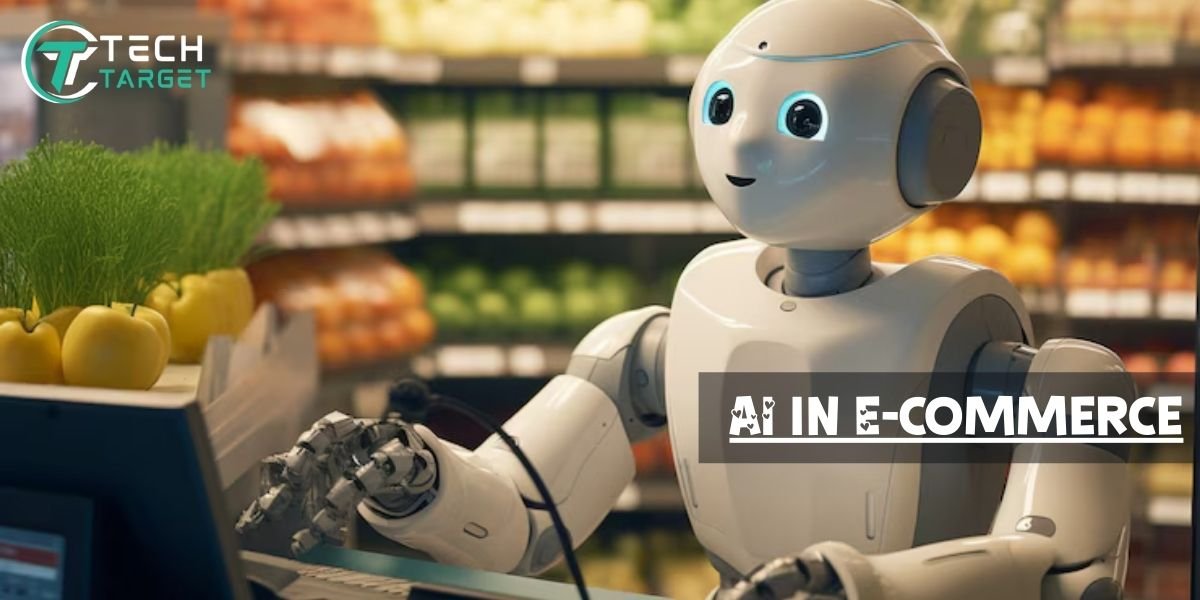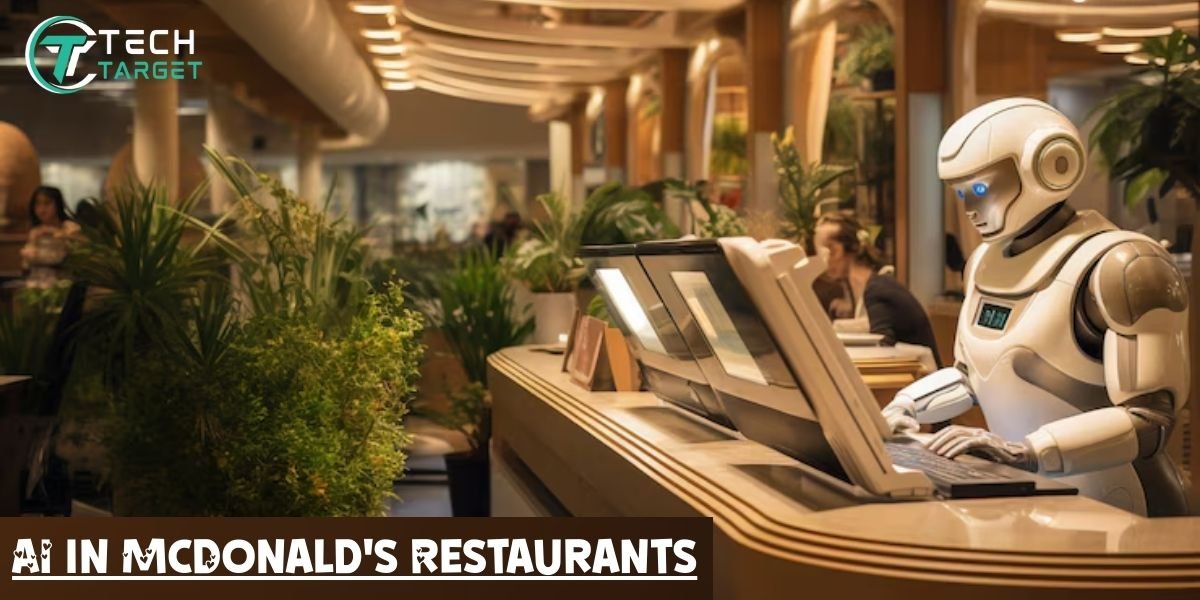Artificial intelligence has become the backbone of almost every digital application across various industries. It is making headlines in technology, healthcare, automotive, and even agriculture. Now, AI in manufacturing is picking up pace and getting the attention of notable manufacturers worldwide. It can play a pivotal role in today’s globalized landscape, where the availability of goods and their costs play a crucial role in business development and lifecycle. The use of AI in manufacturing has a wide range of advantages and can bring innovative changes across diverse sectors.
According to Statista, AI can enhance product quality control by 59% and inventory management by 44%. These figures indicate the rising importance of AI in the modern world, augmenting various use cases in the manufacturing sector. This article will discuss the need for and impact of AI in manufacturing while discussing its major challenges in implementation and operations.
The Need for AI in Manufacturing
Gone are the days of manual work and slow rates of operations; now it is the age of AI, where data processing has become easy and efficient. It is taking over almost every aspect of business operations, and for manufacturing, firms can leverage AI for a wide range of applications. For instance, manufacturers can generate large amounts of data that is valuable for future prospects and performance improvements. AI in manufacturing can enhance logistics processing with machine learning-backed solutions for goods orders and delivery worldwide. The need for AI in manufacturing is paramount as it empowers employees, reduces business operational costs, and ultimately provides a competitive edge in the market. Machine learning algorithms automate manufacturing operations and provide accurate inventory levels for raw materials, machinery usage, and cost effectiveness.
Impact of AI in Manufacturing Process
The need for AI in manufacturing operations ensures that the business stays relevant in the market. It has a wide range of advantages and impacts various business operations. Let’s discuss the impact of AI in manufacturing processes in detail.
Enhance & Augment
AI in manufacturing operations significantly impacts the rate of processing, be it production, packing, or dispatch. The power of AI lies in automation that enhances and augments assembling and manufacturing. The use of added factory lines and computer-precision technologies further improves the manufacturing operations, and when combined with AI, the operations become largely accurate and adaptable for mass production.
AI in manufacturing can be implemented across computer solutions and mainly into robots that can perform specific functionalities, mitigating human errors. These robots are termed as “Cobots” for collaborative robots. However, these AI-driven robots can do not fully overcome human intelligence but still prove to be a very collaborative solution for performing repetitive tasks such as assembly or welding.
Make Efficient & Scaleable
Scalability is another key advantage of AI in manufacturing, as it enhances production lines by keeping the environment and tools operational. For instance, AI solutions are embedded into manufacturing plants, such as machines and inventories. The purpose is to analyze data and predict future outcomes by processing it to highlight key factors such as machine efficiency, health, time of failure, and possible downtimes. This helps the organization in scaling up and down based on the insights. Moreover, the business owners can plan maintenance costs and halts, which are crucial for scaling.
Furthermore, AI can make manufacturing efficient by optimizing the supply chain. Companies can perform tasks based on data from suppliers, customers, and market trends. This significantly improves the business efficiency, helping the C-level executives make informed decisions.
Assistance With Product Development and Design
Artificial intelligence has come to a point where it can solely perform calculations to create something new from existing data. In manufacturing, this potential of AI can help businesses improve or create products in different development phases. Whether it is the design or functionality, AI has got you covered. It can even assist in packaging the end product better by improving overall usability, reliability, and effectiveness. These solutions can perform thousands of calculations in mere seconds to offer new alternatives to a product with improved desirable characteristics. This helps businesses develop hybrid models of development and consider efficient solutions for supply, availability, and costs.
Top 5 Challenges of using AI in manufacturing
Artificial intelligence has many advantages for businesses, but there are many challenges that can hinder the full and fair use of AI in manufacturing. Some of the key constraints in implementing AI are listed below.
Data Quality and Availability:
The availability and quality of the data you are training the model on are highly impactful. AI models use machine learning to learn from datasets, and these datasets are responsible for their behavior and efficiency. Mostly, manufacturers from non-tech fields lack the availability of clean data that is necessary for training the model. This constraint is true for areas like quality control, where cluttered data can negatively impact the outputs of the model after training. Inaccurate results of AI can hinder business success, but also cause major losses if used as a guideline for future decisions.
Operational Risks
Operational risks of implementing AI solutions are much higher, especially when the model is newly trained and being tested for the first time. In manufacturing, the rate of reliability on AI models is a deciding factor for companies. It is recommended to implement AI solutions step by step in business processes. For instance, check the accuracy of AI responses on low-level manufacturing use-cases first before incorporating it in the core plants. Moreover, using AI as an assistant is a feasible solution rather than a full-fledged counterpart, as many current models still lack the precision needed for production environments.
Skills Shortages
Another major challenge manufacturers can face when implementing AI is a shortage of professionals who are experts in the field, as well as in AI. There is a major shortage of people who train and understand the working of AI, as everyone is busy consuming it on the user end. This scarcity of operational expertise makes it a major challenge for firms that utilize AI without any workforce investments. Therefore, manufacturers must employ experts first who enable them to leverage AI to the maximum possible potential for their business. Using AI on the production level without any prior experience can be challenging for manufacturers, especially without an expert.
Security Concerns
Data governance is the real concern of businesses when it comes to feeding data to AI models, especially for generative AI tasks. As AI connects dots and makes the data relationship for extracting insights, there is a risk of opening more vulnerabilities that can lead to cyberattacks. For instance, AI models can accidentally expose loopholes that can be exploited by anyone working in the manufacturing firm or across business channels. In manufacturing, the need for advanced cybersecurity measures is paramount when transitioning to AI solutions to ensure complete protection and avoid running into problems that didn’t previously exist.
Change Management & Implementation Cost
Manufacturers have production lines that are long and have tedious operations in between. Changing the business workflow and shifting towards AI automation is a hectic process, especially if the manufacturing firm is dealing with local customers and has a minimal digital footprint. It also requires a large upfront investment for technology infrastructure and deployment. This can become a barrier for businesses that are new and are not familiar with AI operations. Moreover, training your workforce on AI principles can be time-consuming and resource-intensive. Many people become job-sensitive when they hear the word “Automation.” This prevents them from adapting to changing environments, making the transition difficult.
The Bottom Line
Artificial intelligence is a game-changing technology that can significantly improve manufacturing operations from start to finish, covering everything from idea generation to production and dispatch. It can provide valuable insights to the manufacturer about its firm, such as the inventory levels, operational efficiency, and customer responses. However, AI needs a large amount of organizational data to operate, and before feeding the datasets to machine learning models, organizations need to ensure its harmonized and fair to use.
Various challenges manufacturers can face when incorporating AI solutions into their business channels such as high implementation costs, security concerns, and operational risks. In a nutshell, AI is becoming necessary for manufacturers in today’s market, but it requires proper guidelines and protocols to be followed when implementing AI solutions to ensure a smooth transition.
See how AI is being used across various fields in our related blogs:
| How Businesses Can Leverage AI in the Digital Media Marketing Landscape | How AI in E-commerce Redefines the Retail Market for Shoppers & Business Owners |
| AI in Retail – Top 5 Game-Changing Use Cases Everyone Needs to Know | AI in the Workplace – Improving In-House Productivity with Technology |













